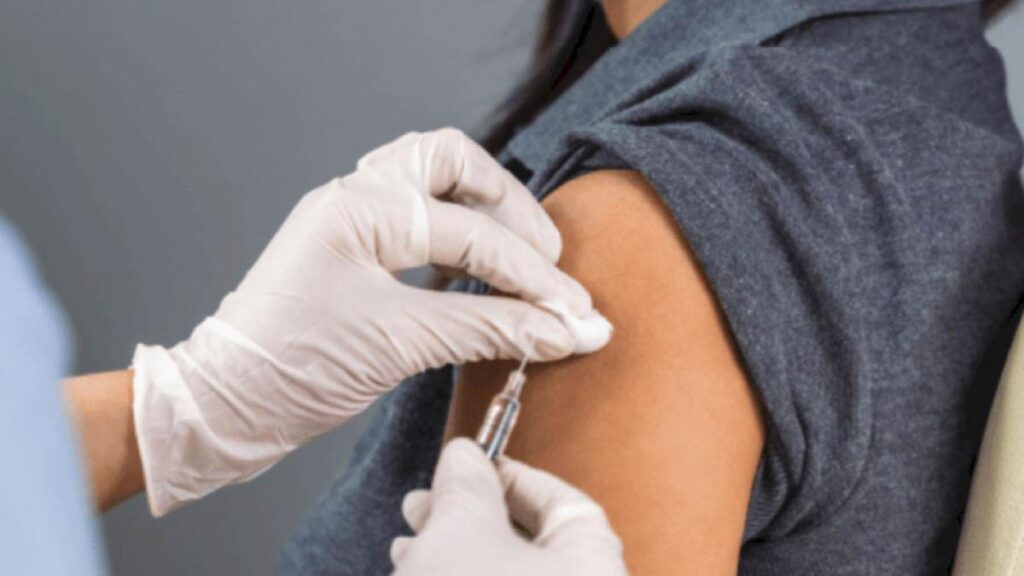Background on Key Figures and Relevance
The United States government, under President Donald Trump’s administration, recently announced the termination of 22 federal contracts for mRNA vaccines and raised concerns about their safety. This move comes from Robert Kennedy Jr., the Secretary of Health, who has been vocal about his skepticism towards modern vaccines. His actions reflect a shift in the US government’s stance on vaccine policies.
mRNA vaccines, pioneered by Katalin Kariko and Drew Weissman, have played a crucial role in the rapid development of vaccines against diseases like COVID-19. Their groundbreaking work earned them the Nobel Prize in Medicine in 2023, highlighting their significance in addressing global health challenges.
Government’s Decision and Impact
On Tuesday, Kennedy announced the cancellation of 22 contracts worth nearly $500 million, funded by the Advanced Biomedical Research and Development Authority (BARDA) under the Department of Health. These contracts were intended for mRNA vaccine development by Moderna, Pfizer, and Sanofi.
BARDA stated that the decision was based on data showing that mRNA vaccines are not effectively protective against upper respiratory tract infections, such as COVID-19 and the flu. The funds will now be redirected towards “safer, broader vaccine platforms that maintain efficacy even with virus mutations.”
Some advanced-stage projects will not be defunded to preserve previous investments made by taxpayers.
How mRNA Vaccines Work
Unlike traditional vaccines that often use weakened or inactivated forms of a virus or bacteria, mRNA vaccines introduce genetic instructions into the host’s cells. This prompts the cells to produce a harmless mimic of the pathogen, enabling the immune system to recognize and combat the actual pathogen.
Key Questions and Answers
- Who made the announcement? Robert Kennedy Jr., the Secretary of Health under President Donald Trump’s administration.
- Which vaccine contracts were canceled? 22 federal contracts for mRNA vaccines developed by Moderna, Pfizer, and Sanofi.
- Why were the contracts canceled? Due to concerns that mRNA vaccines are not effectively protective against upper respiratory tract infections, such as COVID-19 and the flu.
- How will the funds be redirected? Towards safer, broader vaccine platforms that maintain efficacy even with virus mutations.
- Which projects will remain funded? Some advanced-stage projects will not be defunded to preserve previous investments made by taxpayers.






